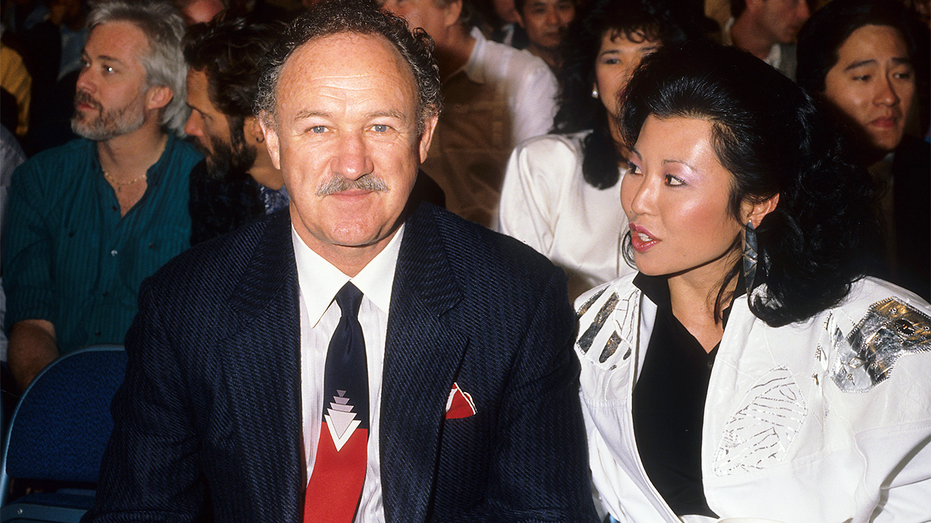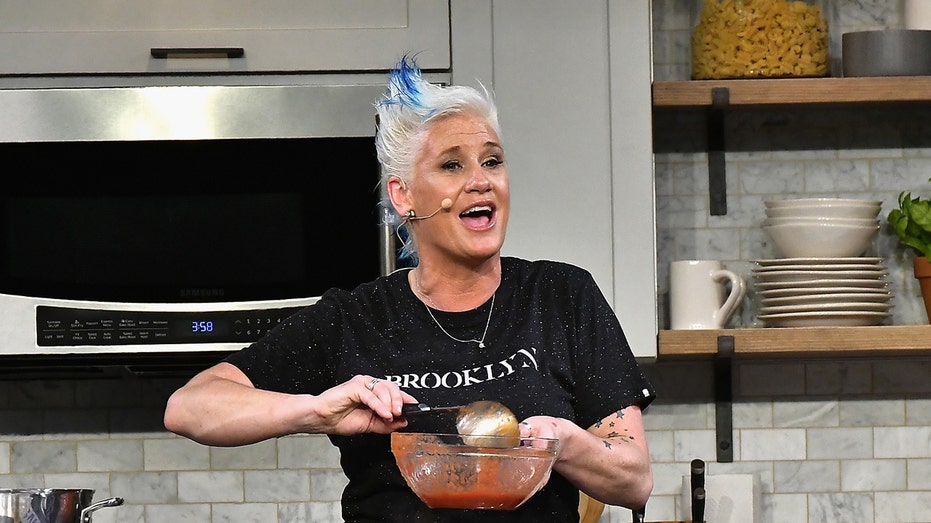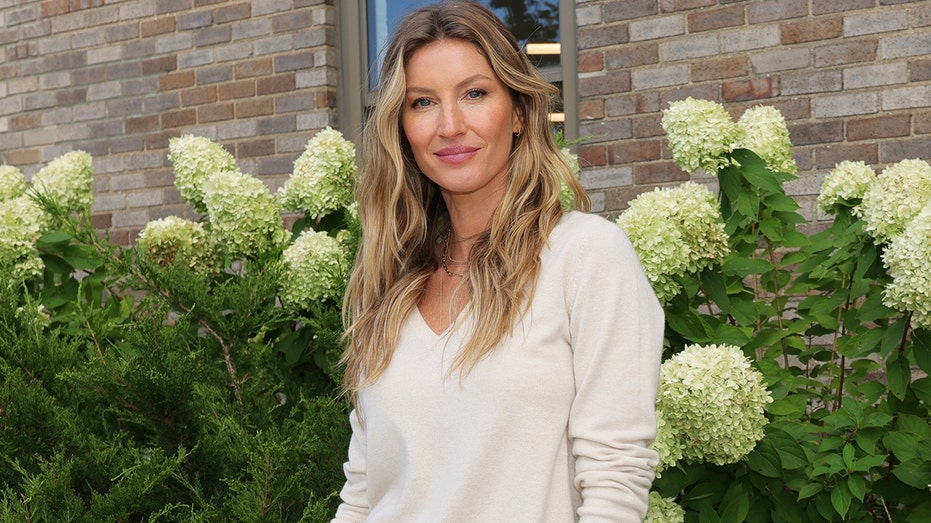Gene Hackman’s Final Days: A Heartbreaking Tale of Alzheimer's and Loss

Sarah Johnson
March 9, 2025
Brief
Gene Hackman died at 94 from heart disease and Alzheimer's, days after his wife Betsy Arakawa's death from hantavirus, highlighting their tragic final days and health struggles.
Gene Hackman, the iconic actor whose performances defined an era, tragically spent his final days in confusion, likely unaware of his wife Betsy Arakawa's passing due to his advanced Alzheimer's disease. Hackman, who passed away around February 18, was confirmed to have died from hypertensive atherosclerosis cardiovascular disease, with Alzheimer's as a significant contributing factor, according to New Mexico officials.
The heartbreak of this story doesn’t end there. Betsy, a classical pianist and Hackman’s devoted caregiver, died roughly a week earlier from Hantavirus Pulmonary Syndrome, a rare disease transmitted from rodents to humans. Her death was ruled natural. With her gone, Hackman reportedly spent several days alone, possibly unaware of her passing or his own deteriorating condition.
Forensic pathologist Dr. Michael Baden surmised that Hackman might not have understood what had happened. "It sounds like he wandered around the house, maybe drinking water from the sink or eating simple food like bread," Baden explained. The actor’s Alzheimer’s likely robbed him of the ability to call for help or comprehend the gravity of the situation.
Dr. Heather Jarrell, New Mexico’s Chief Medical Investigator, conducted Hackman’s autopsy. Her findings revealed severe heart disease, prior heart attacks, and kidney damage caused by chronic hypertension. Hackman’s brain showed advanced Alzheimer's and vascular changes, further evidence of his poor health and cognitive decline.
Pacemaker data indicated abnormal activity on February 18, leading experts to conclude that Hackman likely died that day, a week after Betsy’s passing on February 11. The timeline paints a grim picture of two lives intertwined by love and tragedy, ending in solitude and silence.
Authorities initially treated the couple’s deaths as suspicious, but no evidence of foul play or external trauma was found. Carbon monoxide poisoning was ruled out after thorough testing. In the absence of criminal elements, the focus turned to the devastating impact of Hackman’s Alzheimer’s and their shared health struggles.
Betsy, described as Hackman’s primary caregiver, had been instrumental in managing his condition. "She was taking good care of him," noted Dr. Baden. But with her sudden death, Hackman was left vulnerable, his health too frail to cope with such a loss.
The couple’s story is a sobering reminder of the challenges faced by those battling Alzheimer’s and other chronic illnesses. It also underscores the importance of community and support systems, as even the most resilient individuals can falter when left to navigate these challenges alone.
Fans of Hackman will remember him for his unforgettable roles in classics like The French Connection and Superman. His passing marks the end of a remarkable legacy, but the circumstances of his final days cast a poignant shadow over his enduring contributions to cinema.
Topics
Editor's Comments
This story hits hard on so many levels. Gene Hackman, a Hollywood legend, spent his last days in heartbreaking isolation, a victim of both disease and circumstance. What stands out most is the silent tragedy of Alzheimer's—how it can rob a person of their awareness and dignity. Betsy’s role as a caregiver couldn’t be more poignant here; her absence was not just emotional but life-altering for Hackman. It’s a stark reminder of how fragile even the strongest among us can be when health fails and support systems crumble.
Like this article? Share it with your friends!
If you find this article interesting, feel free to share it with your friends!
Thank you for your support! Sharing is the greatest encouragement for us.



